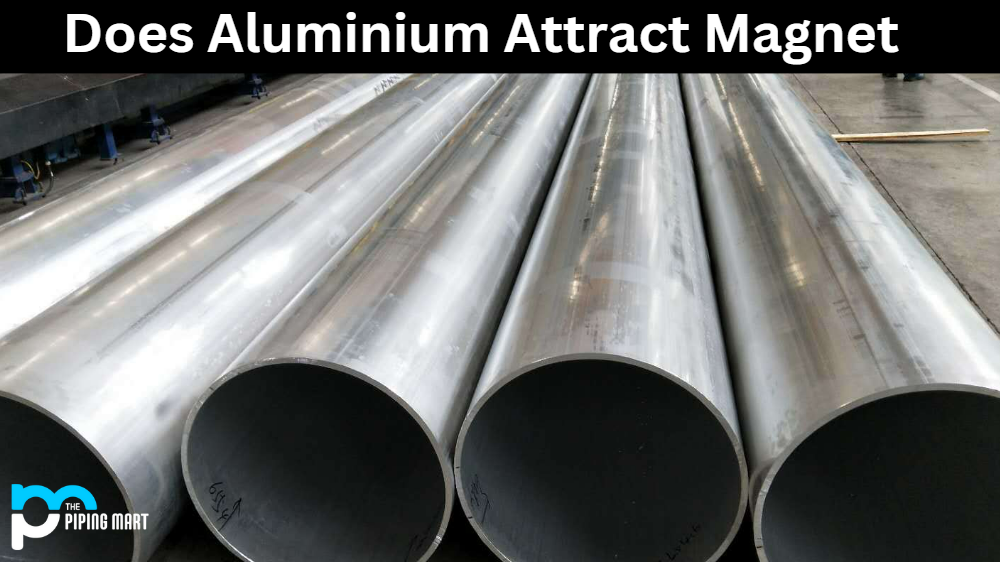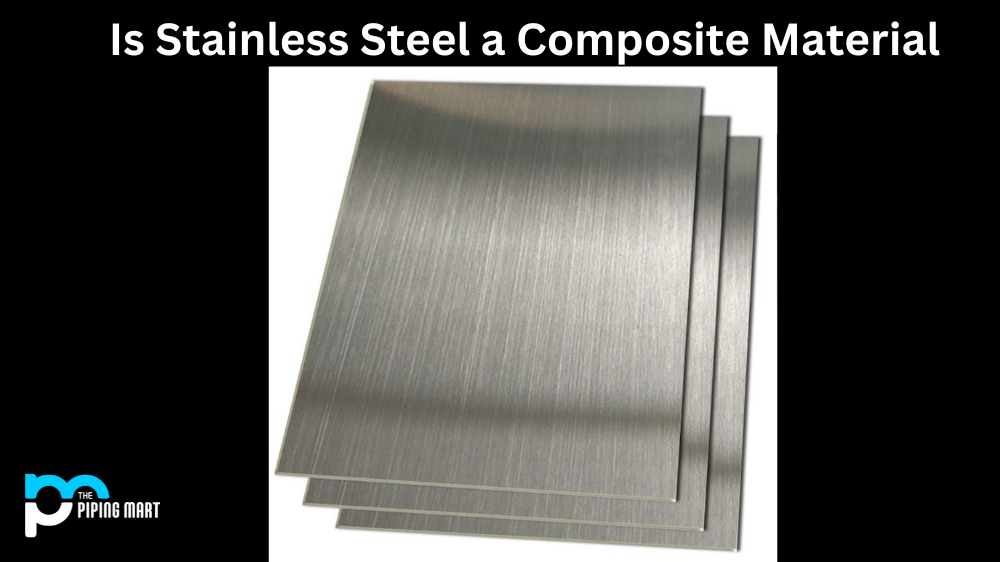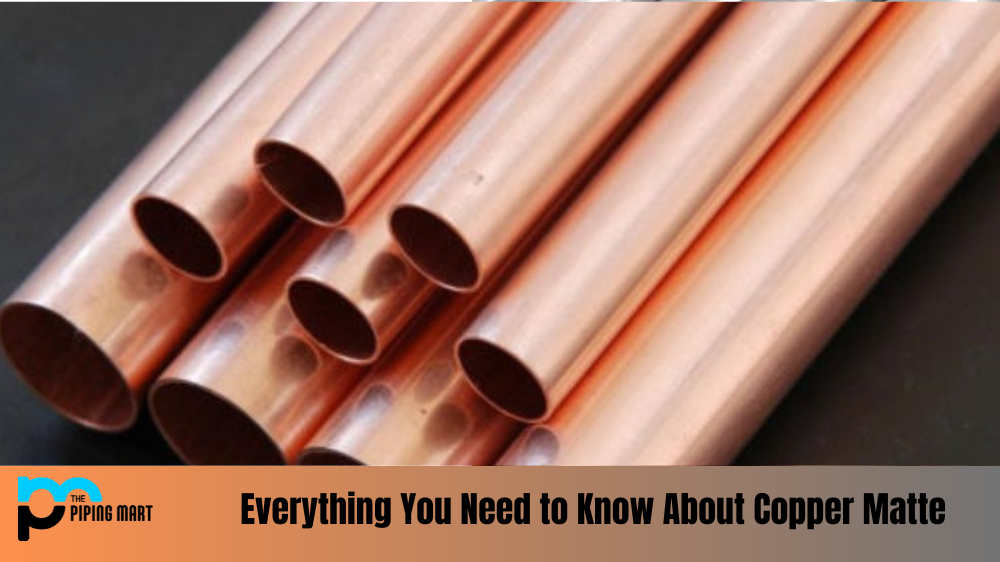Have you ever wondered why aluminum isn’t attracted to magnets? It’s a question that many people have asked over the years, but the answers to it often need to be clarified. To make matters worse, there are many different opinions on the matter. In this blog post, we’ll look closely at how magnets interact with aluminium and explore why aluminum is not attracted to magnets.
How Does Magnetism Work?
Before we can discuss why aluminium is not attracted to magnets, it’s essential to understand how magnets work. A magnet is an object that produces a magnetic field which is made up of moving electric charges called electrons. These electrons align to create opposing poles (north and south). When two magnets are brought close together, their fields interact, causing them to either attract or repel each other depending on their relative orientation of the poles.
Aluminum and Magnetism
Now that we know how magnetism works let’s talk about aluminum. Aluminium is a metal which means it has freely moving electrons like those found in magnets. However, unlike magnets, these electrons do not align themselves in any particular way when exposed to a magnetic field, so they don’t produce enough of an interaction for it to be attracted by the magnet. This is why aluminum isn’t attracted to magnets, while other metals, such as iron or steel, are strongly attracted.
Conclusion:
In conclusion, aluminium isn’t attracted to magnets because its electrons do not align themselves in any particular way when exposed to a magnetic field, so they don’t generate enough force for it to be pulled towards the magnet. While this may seem strange at first glance, understanding how magnetism works helps us see why this phenomenon occurs. Understanding this can help us better utilize materials like aluminum in our everyday lives, as well as help us understand other physical phenomena related to magnetism and its interactions with different materials.

A passionate metal industry expert and blogger. With over 5 years of experience in the field, Palak brings a wealth of knowledge and insight to her writing. Whether discussing the latest trends in the metal industry or sharing tips, she is dedicated to helping others succeed in the metal industry.




